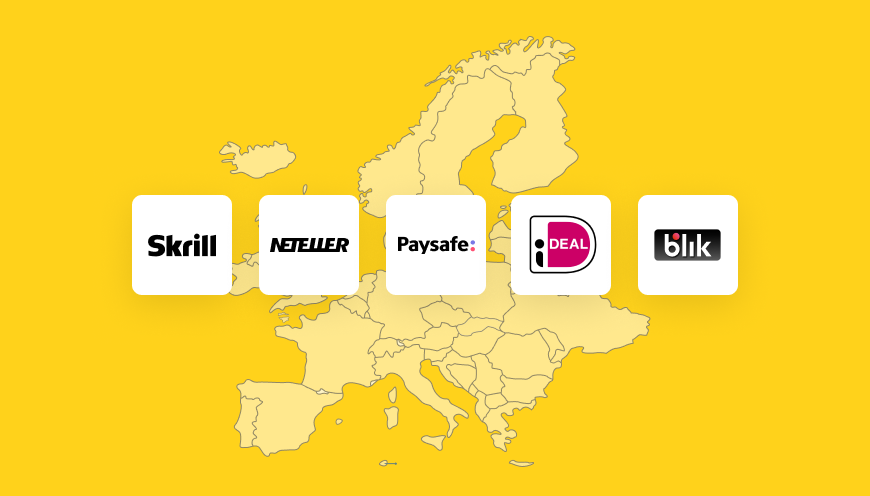The UAE’s shift toward legalizing and regulating commercial gaming offers exciting prospects for payment providers (PSPs) and iGaming merchants. With the establishment of the General Commercial Gaming Regulatory Authority (GCGRA), businesses in the gaming sector can tap into a rapidly growing market. However, operating in this market brings a host of regulatory responsibilities that PSPs and gaming operators must navigate carefully.
Opportunities for PSPs and iGaming Operators
-
1. New Market Entry
The UAE’s regulated gaming market is in its infancy, providing first-mover advantages to payment providers and operators who position themselves early. The launch of major projects, such as the Wynn Al Marjan Island resort, is expected to generate significant demand for seamless, compliant payment solutions in both land-based and online gaming sectors (source).
As online gaming regulations roll out, PSPs offering secure, fast, and localized payment methods stand to gain the most. This includes handling transactions for online casinos, sports betting, and lotteries, all of which are set to be legally operational under the new framework. -
2. Collaborative Growth with Local Partners
The UAE market requires strong local partnerships due to its cultural and regulatory sensitivities. PSPs working with local banks or financial institutions must ensure compliance with anti-money laundering (AML) laws and fraud prevention measures.
iGaming merchants can also benefit from these collaborations by gaining better access to regulated payment gateways and localized services, enhancing user experience for UAE-based customers
Risks and Compliance Considerations
-
Strict Regulatory Compliance
The GCGRA has made it clear that only licensed operators can conduct gaming activities in the UAE. This includes strict adherence to AML and know-your-customer (KYC) regulations. PSPs and gaming operators need to ensure their systems are fully compliant with these legal requirements to avoid penalties, including fines or license suspensions (source).
For PSPs, having a strong fraud detection and AML infrastructure will be crucial for approval by local authorities and seamless operations. iGaming merchants must also ensure that all payment channels are fully regulated and meet the local criteria -
Cultural Sensitivities
The UAE remains a culturally conservative country, which means gaming operations will be under close scrutiny. PSPs and iGaming operators must align their marketing and service offerings with the cultural and legal norms of the region. This can include restrictions on certain types of gaming content or the need to implement strict responsible gaming measures.
-
Uncertain Operational Challenges
Although the gaming market is opening up, details regarding licensing and operational requirements are still being developed. This presents a degree of uncertainty for operators entering the market. PSPs and iGaming businesses must remain flexible and ready to adapt payment systems and services to evolving regulations.
Next Steps for PSPs and iGaming Merchants
-
1. Prepare for Regulatory Scrutiny
Implement or enhance systems to meet the UAE’s strict regulatory requirements.
-
2. Build Local Relationships
Establish partnerships with local financial institutions to navigate compliance and operational challenges.
-
3. Focus on Compliance
Ensure all payment and gaming operations adhere to AML and KYC standards to avoid legal risks.
-
4. Stay Updated
Keep track of GCGRA updates to anticipate changes in licensing requirements and operational guidelines.





